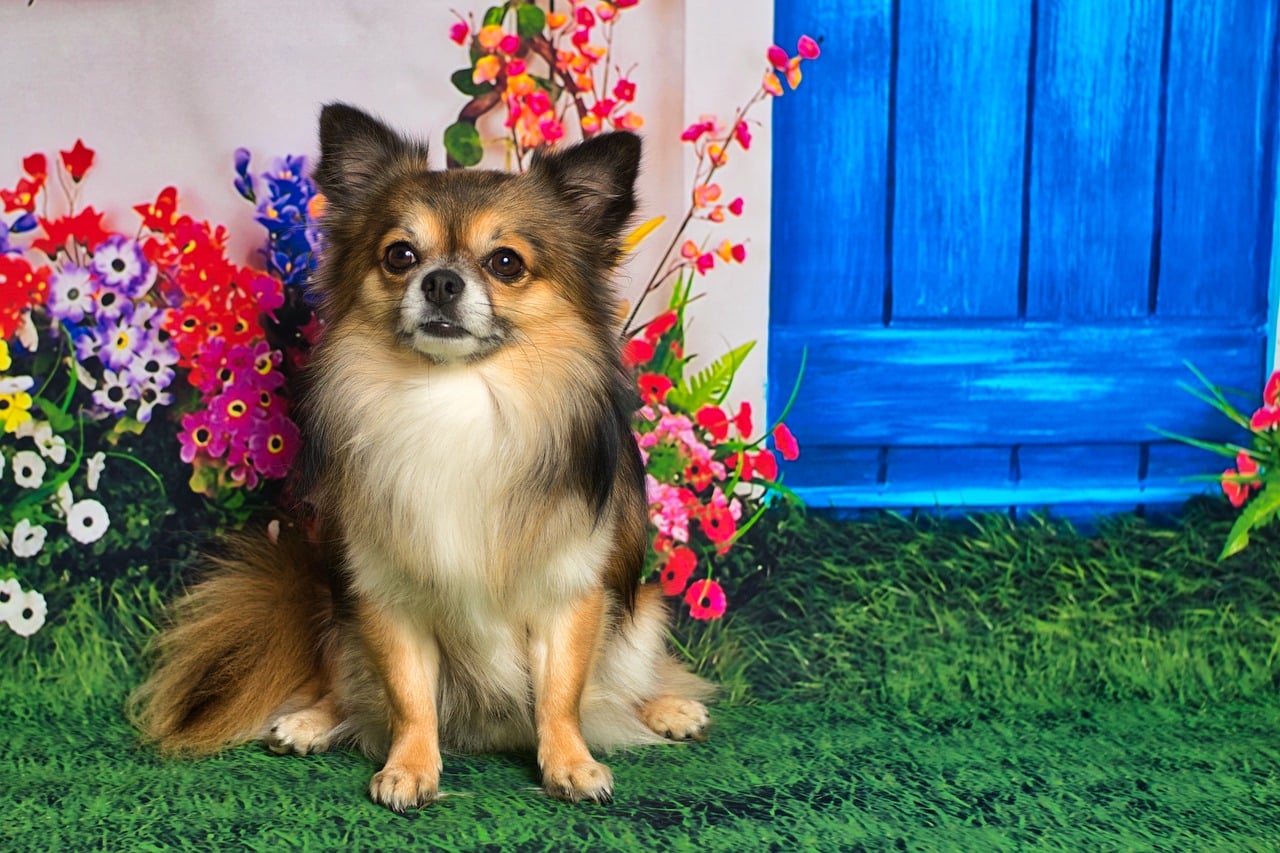A pedigree cattle breeder has pleaded with dog walkers to pick up after their pets in the countryside after a third of his herd were rendered infertile by a disease spread by dog faeces.
Robert Allcock, 62, has spent the past 12 years building an award-winning herd of Hereford cattle, which he uses to calm the lively racehorses he breeds on his Shropshire farm.
All his efforts came crashing down when his champion heifer, called Frenchstone Get Real, a Royal Welsh Show female champion in 2017, lost a calf in her first pregnancy and later tested positive for Neospora caninum.
When he tested the rest of his 18-strong pedigree herd he found six tested positive, making them useless as breeding heifers and costing him about £20,000 in their resale value.
“To lose them like this is a bit of a kick in the guts,” he said. “I’ve spent 12 years breeding and then to lose a third of them in one go is pretty hard.
“All of them are pedigrees. I sold one of them 13 months ago at £3,800 but when any of these infected animals go to slaughter, because they are still able to go into the food chain, I am probably going to get £1,200.
“As a pedigree breeder you are wanting to sell animals in good faith, so for the next few years it’s going to make it very difficult to sell heifers who may later turn out to be infected as well.
“In 2022 I invested in a very good bull and paid £11,000, which was a joint record price.”
There is no treatment or vaccination for Neospora and infected cattle are up to seven times more likely to abort a pregnancy than those not infected.
Dog walkers wrongly think faeces is washed away into the soil
GETTY
It can be passed on to calves in the womb and there is a huge economic impact on farms through losses due to abortion, premature culling of those infected, and a reduced milk yield.
Cattle can pick up the disease by eating grass contaminated with dog or fox faeces containing the parasitic eggs. Bulls are not affected by the disease.
“An awful lot of dog owners don’t know anything about Neospora,” Allcock said. “If people could be made aware, one hopes they will pick up after their dogs.
“I think an awful lot of people think if their dog craps in the countryside, what does it matter, it will be washed into the soil. It actually doesn’t.
“I have two public footpaths and one gets plenty of people along there. I think that is what has happened.”
Allcock spent 17 years as an assistant trainer to John Dunlop, the racehorse trainer who had 3,600 winners over nearly half a century before his death in 2018, aged 78.
He left Dunlop to set himself up as a small-scale owner-breeder of racehorses on his farm near Shrewsbury and found that putting Hereford cattle in the fields with his racehorses helped to keep them calm.
“Herefords have such wonderful temperaments that when you run them with horses, they have a very calming effect on them,” he said.
“Having put so much energy and emotion into breeding them, it was one of the hardest phone calls I have ever taken when the vet said six had gone. It wasn’t something you are quite prepared for.”





